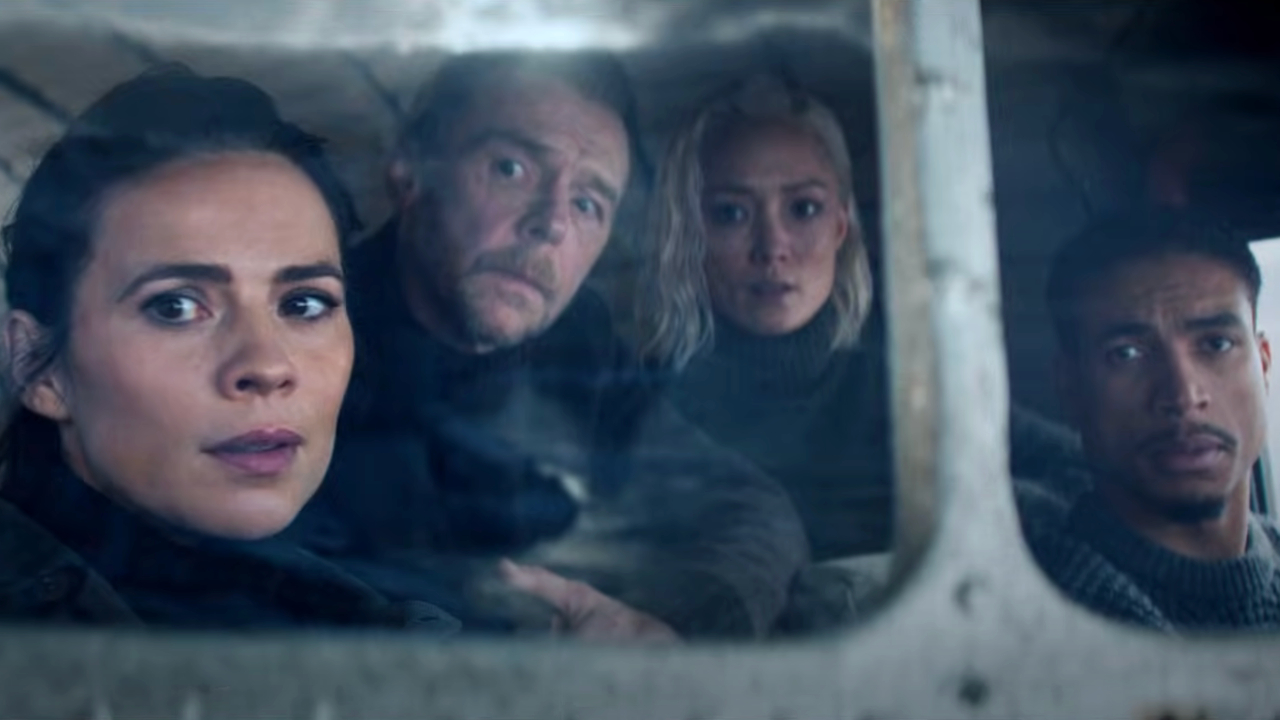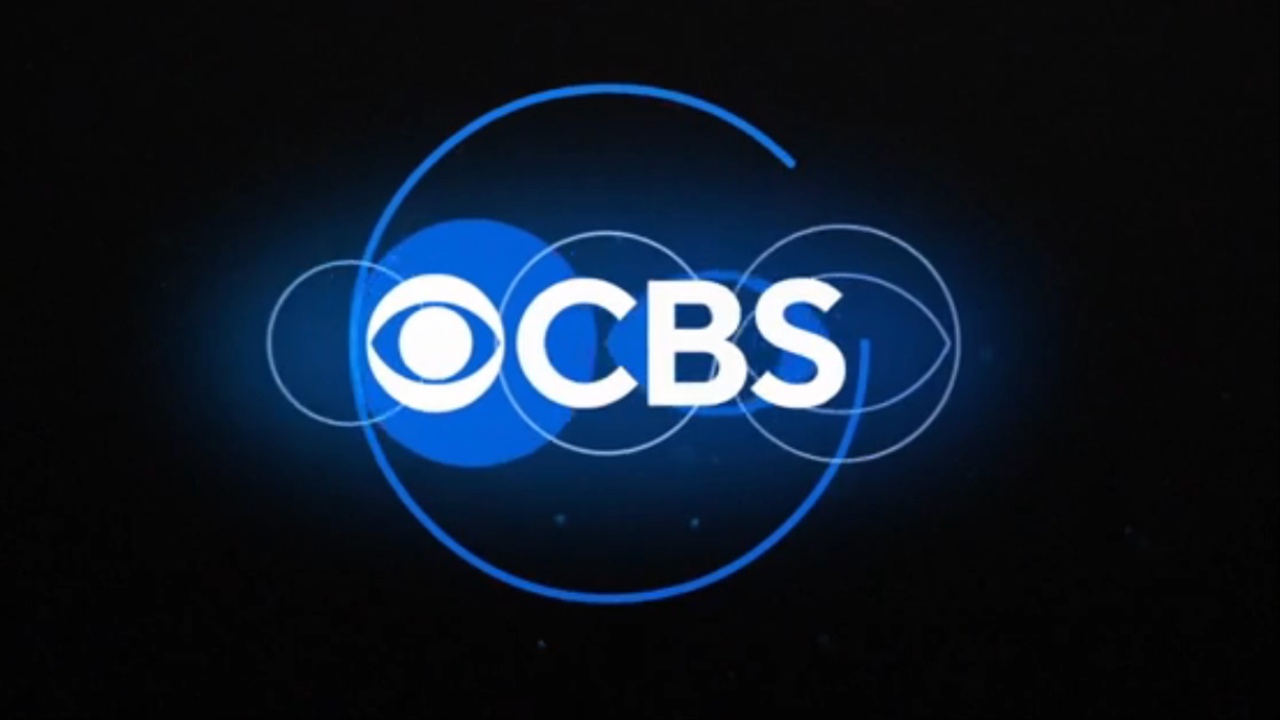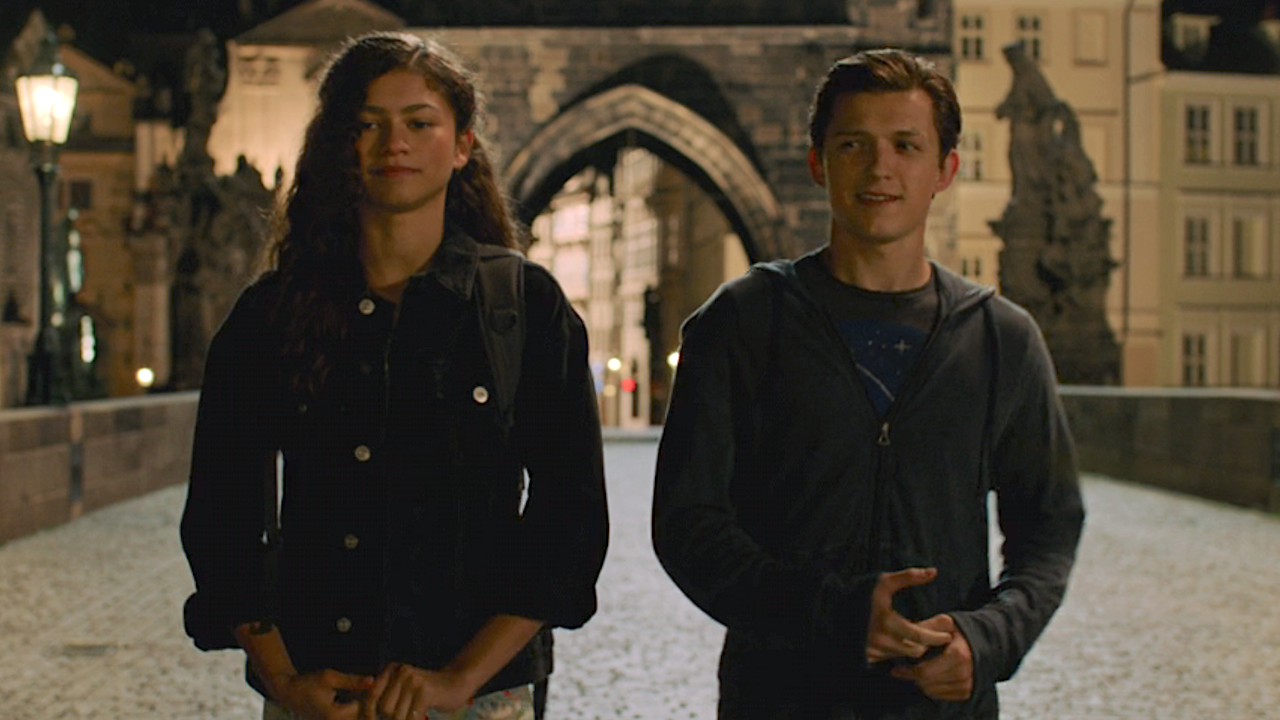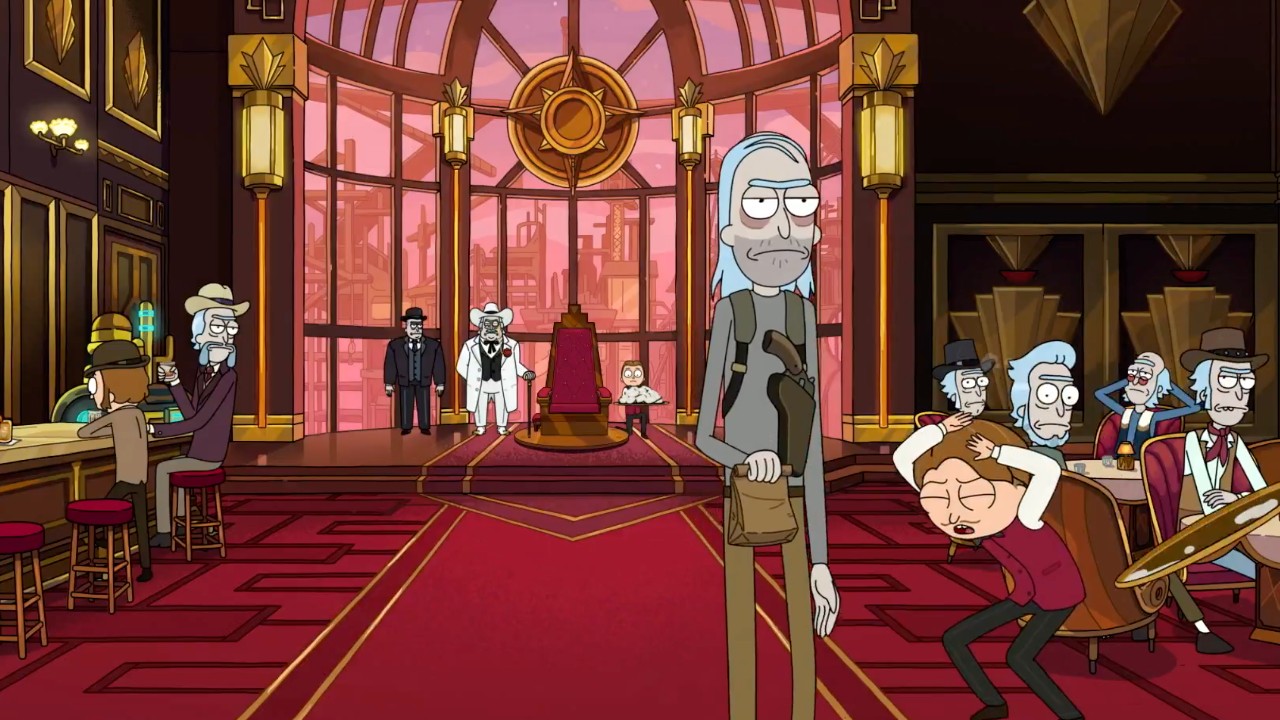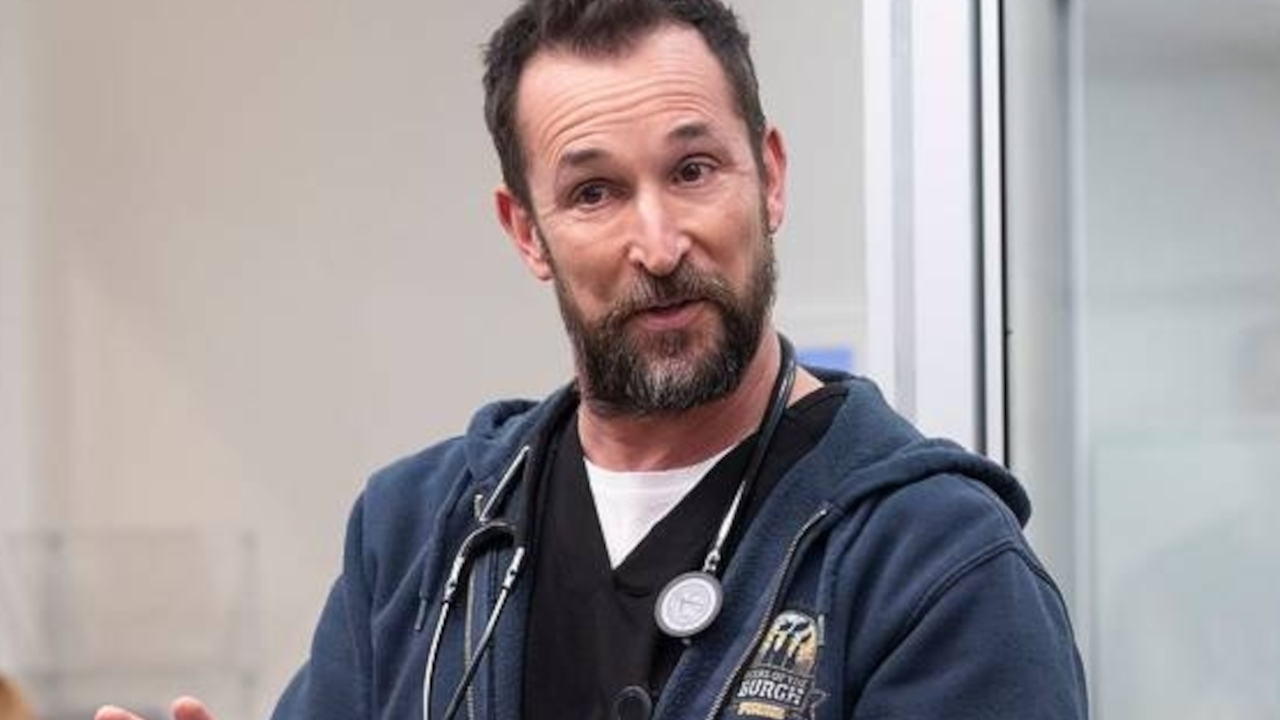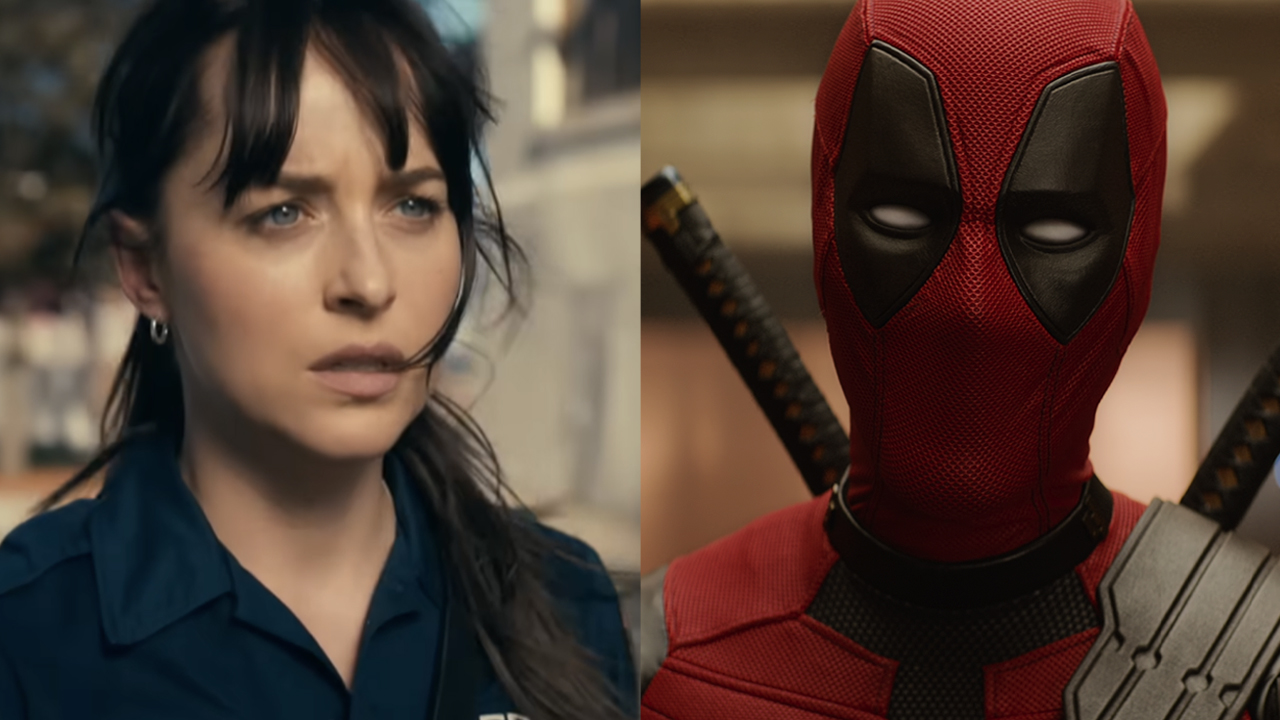RoboCop Director Jose Padilha Will Keep The Original's Irony But Not The R-Rating

Jose Padilha is not remaking your father’s RoboCop. “That would be silly,” the director told us during a recent conversation. “I love the first movie. It’s amazing. It’s iconic.”
But times have changed – locally and internationally – and Padhila’s vision of a new RoboCop should transition along with them. (Ironically, the actual hometown in the bloody, blue-collar original film – Detroit – recently filed for bankruptcy and likely could use a legitimate hero, but that’s another story.) The director follows in the footsteps of Total Recall, taking a genre classic and applying a fresh coat of topical paint. What does he have planned? And will it work? Here’s more from our conversation with Padilha, where we discuss the use of drones in battle, the family RoboCop needs to protect, and the ways his film compares to Christopher Nolan’s Dark Knight trilogy. But first, check out the film's brand-new trailer, which just dropped yesterday:
When I mentioned I’d be doing RoboCop interviews, the only thing anyone reading us wanted to know is if you’re going for an R rating. The first RoboCop is so violent, in a fun way. Is that a mandate? Or is it not even a concern?
I’m not going for an R rating. I don’t buy into the idea that because the first movie was R rated, the second movie has to be R rated.
For starters, I am not trying to do the first movie again. That would be silly. I love the first movie. It’s amazing. It’s iconic. It’s characterized by its very bold, stylized decisions, and the use of violence has to do with that styling. The use of violence in the first RoboCop is not for fun. It’s a statement against fascism and against a certain state of affairs in the world at that time, and it was used that way.
The world is different now. It’s not the same as before, one, and I don’t know if that style decision applies anymore … at least, not to the kind of, to the way we are approaching this movie. So, basically, I am doing my own thing. I am doing a rendering of RoboCop the same way that, you know, we had another rendering of Batman as opposed to the old one. So, you know, the Michael Keaton Batman is very different from the current Batman. They are not the same. They are very different and so, it’s OK to make a different movie.
But like Batman, he’s very defined by the city he is choosing to protect or the situation he is dropped into.
CINEMABLEND NEWSLETTER
Your Daily Blend of Entertainment News
Very true.
So, tell me about your hero’s situation. Tell me about what you have planned.
Our RoboCop, I think … its an attempt to make a movie that’s going to be fun, but it’s also about something and it’s about something that’s happening, right now, which is the use of drones in war. We are seeing more and more wars being fought in which one side doesn’t face a risk. Think a little bit about, let’s say, Vietnam. Why did the Vietnam War end? It’s because American soldiers were dying. There was a lot of pressure home. Now, think about what’s about to happen, very quickly, [in the near future]. Countries will be fighting wars using only robots, so no one is going to be dying. Once that happens, there’s no pressure at home to stop certain things from happening. There’s a huge imbalance of power.
Furthermore, wars and edicts go out the window, because if you have a soldier pulling a trigger, you can ask yourself whether the soldier did the right decision or not, because the soldier is a conscious human being. He can make choices. If you have a robot pulling the trigger, and the robot makes a mistake, who are you going to blame? You’re going to blame the company that made the robot, the army that put the robot there. You’re going to blame the software manufacturer. Who’s to blame? So, you cannot even use edicts to evaluate actions anymore. This is happening right now.
If you read the regular press, you have a lot of stuff coming out about drones, but drones are different, because drones, you always have a guy who presses the button. If you read the philosophical community debates about autonomous machines, they are starting to discuss this kind of ethical issue. In 10 years, it’s going to be right there. We’re going to be in it. So, we’ve made about a movie about that. We’re in the future, and robots are being used in war, but because robots are not accountable, they cannot be used in America. It’s not legal to use them in America. So, this company that produces a lot of robots is losing money. How do I circumvent the law? I put a man inside the machine, and give the robot a conscience. Hence: RoboCop. So, we have a concept for the movie.

I’d like to know your philosophy towards action choreography. What will your action pieces look like in this new RoboCop?
It’s grounded. It’s handheld stuff. I think the best definition is, it’s grounded. We go in with the actors. When it’s robots, we go in with the air, because it’s CG, but I try to make it as grounded as I can. RoboCop is not Superman, right? He has a certain level of ordinary ability. I mean it’s not … it is grounded because there is a [point] to RoboCop inserting a human brain into [the structure of] a machine. So long as he has that brain, he’s vulnerable, right? If you crash a car, and your brain hits the wall of a car, you’re going to pass out, right? It’s realistic like that.
But ultimately, the existence of RoboCop was supposed to make us all feel safer.
Yes, and that’s the idea. The idea is if we can prove that machines are better for law enforcement, using RoboCop, maybe we can turn minds and people will back up this program, hence the Samuel Jackson character.
What can you tell me about his character?
He’s a media mogul. He’s like the American brass was in the beginning of the invasion in Iraq. Nobody questioned the weapons of mass destruction. Let’s just go do it, alright? This is kind of him with RoboCop.
You said fun, though. I mean, we’re in a position now, we’re all of our blockbusters have to be heavy and dark. I hope your movie is fun. What’s the tone you are shooting for?
Well, it’s ironic. I mean, it’s an ironic movie, like the original RoboCop. We kept that. But it’s also dramatic, because the man is kept inside that machine. He has a wife. He has a kid. How does the kid look at him? He can’t even stay at home because every night … he doesn’t have an immune system, and so every night, they have to clean his blood or else he gets sick. He’s very powerful, but he’s also very fragile.
I like those touches.
And so, how does his wife relate to him? She signed a consent, and now she’s seen him inside his thing and he ain’t happy, right? I mean the difference between our movies, and it’s not even our movies, is the concept of RoboCop. It’s very different than say the concept of Iron Man or the concept of Spider-Man, because Spider-Man and Iron Man are characters who people want to be. Kids want to be Spider-Man. Kids don’t want to be RoboCop. Nobody wants to! Not even Alex Murphy. RoboCop is more like a Frankenstein. So, it‘s a very different movie. It’s not comparable. You can’t compare RoboCop to any of those movies, because it’s just a different thing.
RoboCop will be in theaters on February 7.

Sean O’Connell is a journalist and CinemaBlend’s Managing Editor. Having been with the site since 2011, Sean interviewed myriad directors, actors and producers, and created ReelBlend, which he proudly cohosts with Jake Hamilton and Kevin McCarthy. And he's the author of RELEASE THE SNYDER CUT, the Spider-Man history book WITH GREAT POWER, and an upcoming book about Bruce Willis.
